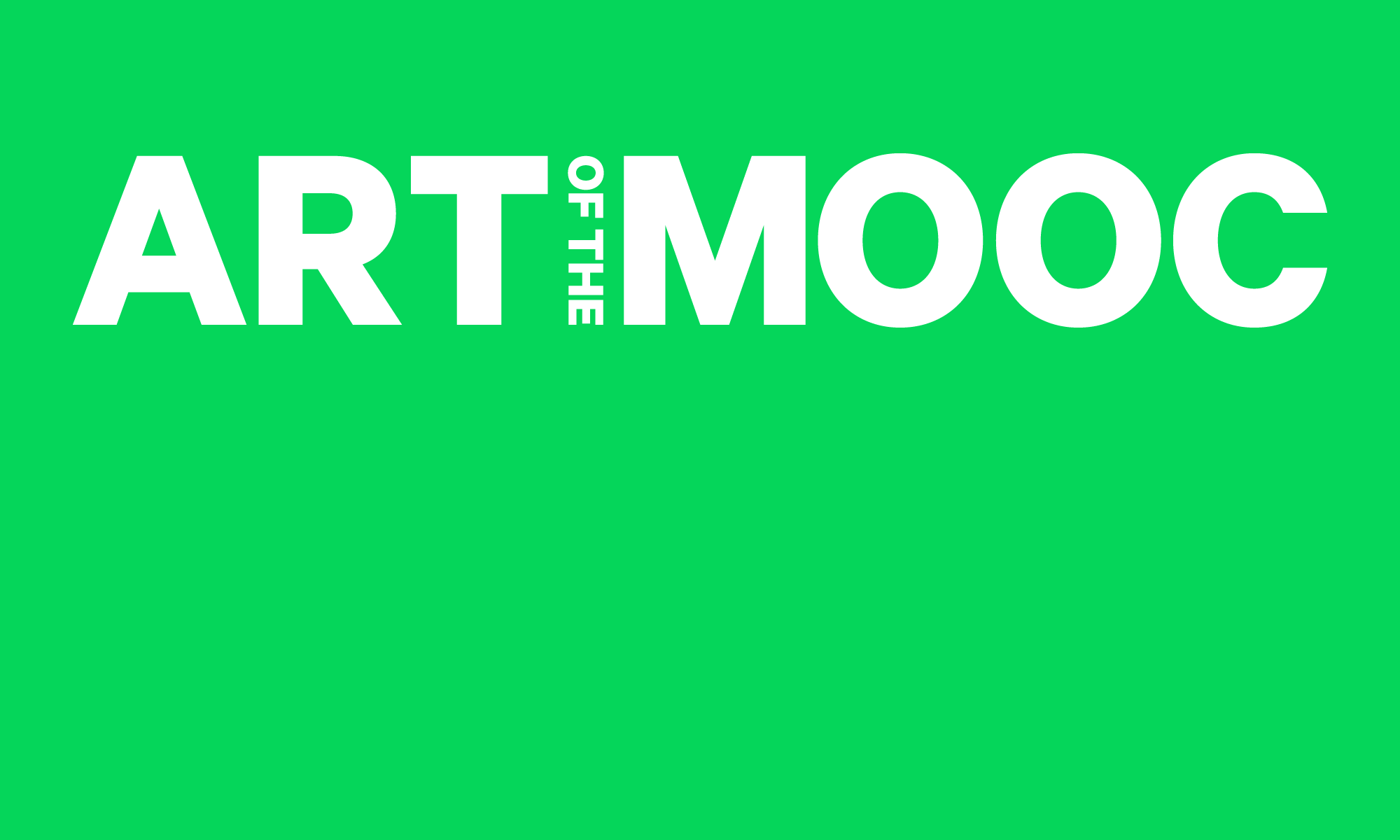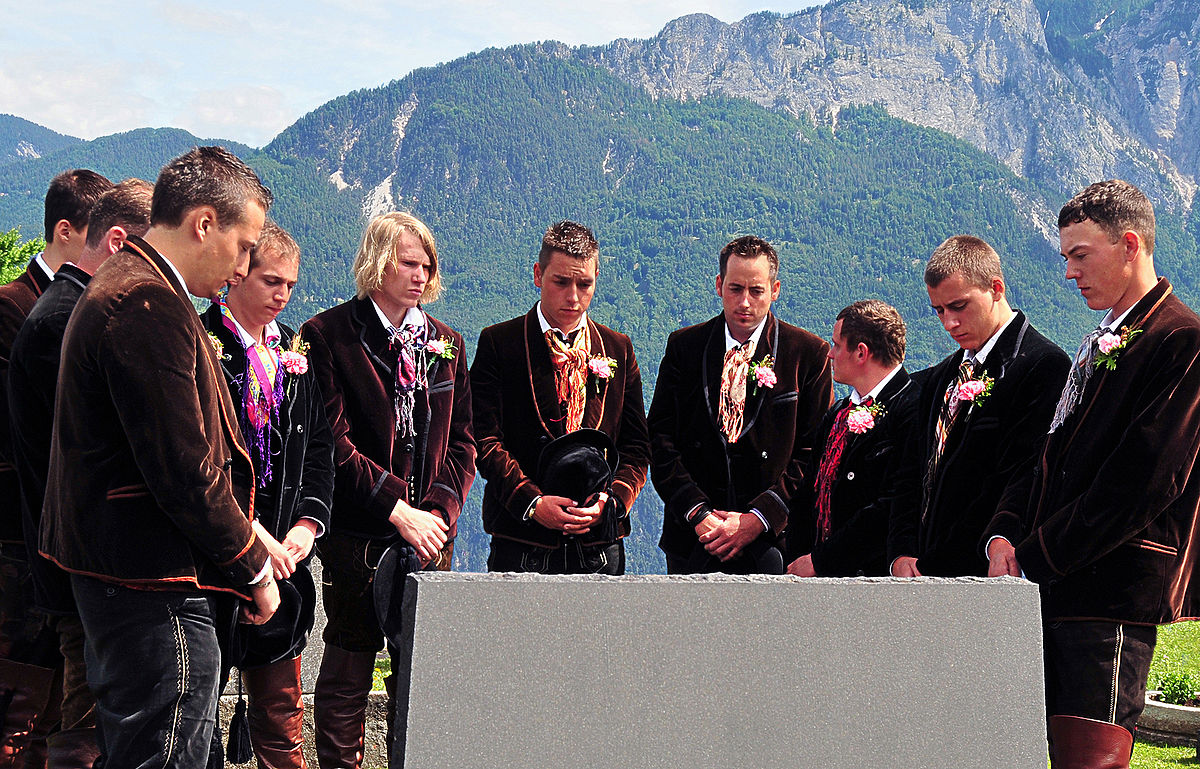Watching this week’s video lectures about sound, I expected the projecting of a particular kind of sound to be the most interesting. I thought a particular pitch or length of sound would, quite literally, resonate the most with me. However, I was particularly struck by the sound of silence.
When we think about rallies, ceremonies, and events, many sounds are created. We hear people clapping, cheering, speaking, shouting, crying, laughing, and celebrating. But, in my experience, the most deafening sound tends to be silence.
At a Jewish summer camp four years ago, I remembered when we were told that three Israeli teens whom were kidnapped in the West Bank had been killed. I remember being both angry and depressed, largely unable to understand how such inhumanity could exist. Many speeches were given by camp staff to help us grieve. However, the most powerful moment was the moment without sound; the moment of silence. Just last weekend, I was in Washington D.C. for a conference about the Israeli-Palestinian conflict. There were many discussions about the violence along the border with Gaza. But, what stood out the most was, once again, the moment of silence.
Why is silence such an important tool to evoke emotions? While the answer may vary for different people, I think an important reason is because it is a blank check for you to truly think and feel. When others give speeches, and the audience cheers or boos, you are more inclined to think and feel in the way that those around you are. However, when there is a moment of silence, you have the unique opportunity to let thing set in, and determine what is really in your heart and in your mind.
Ultimately, the power of sound is significant, but the power of silence is limitless.

